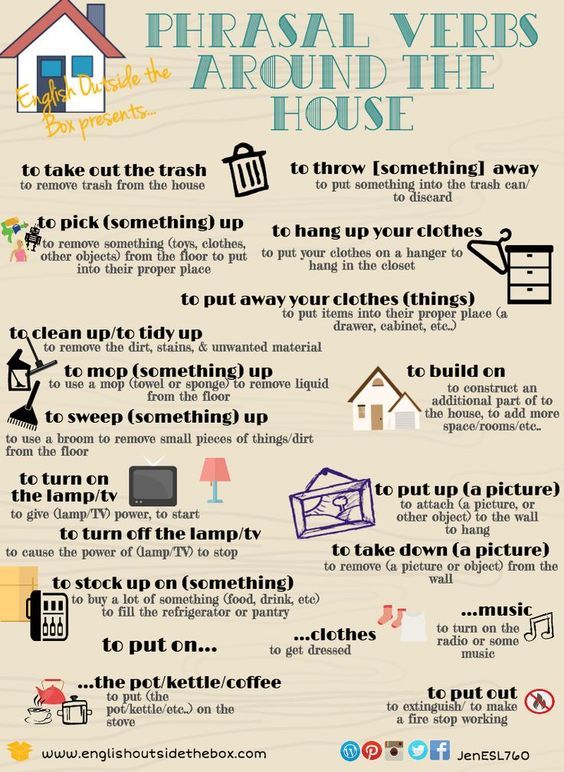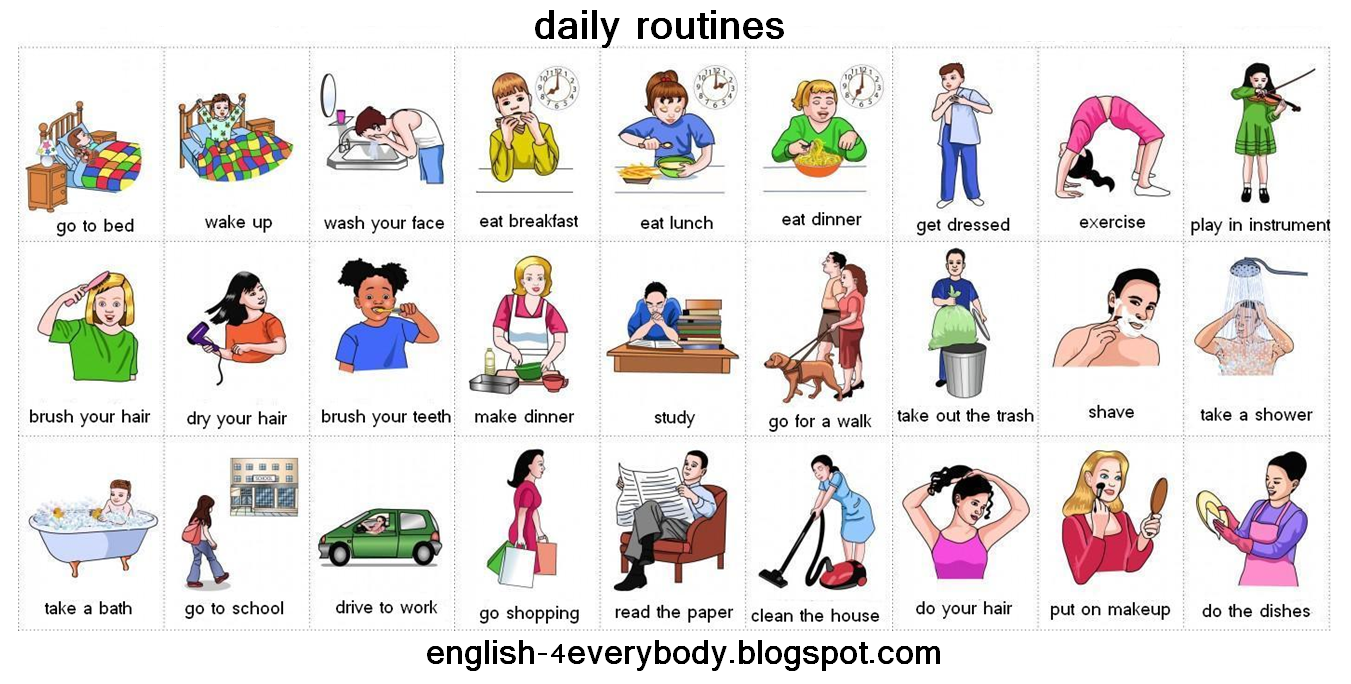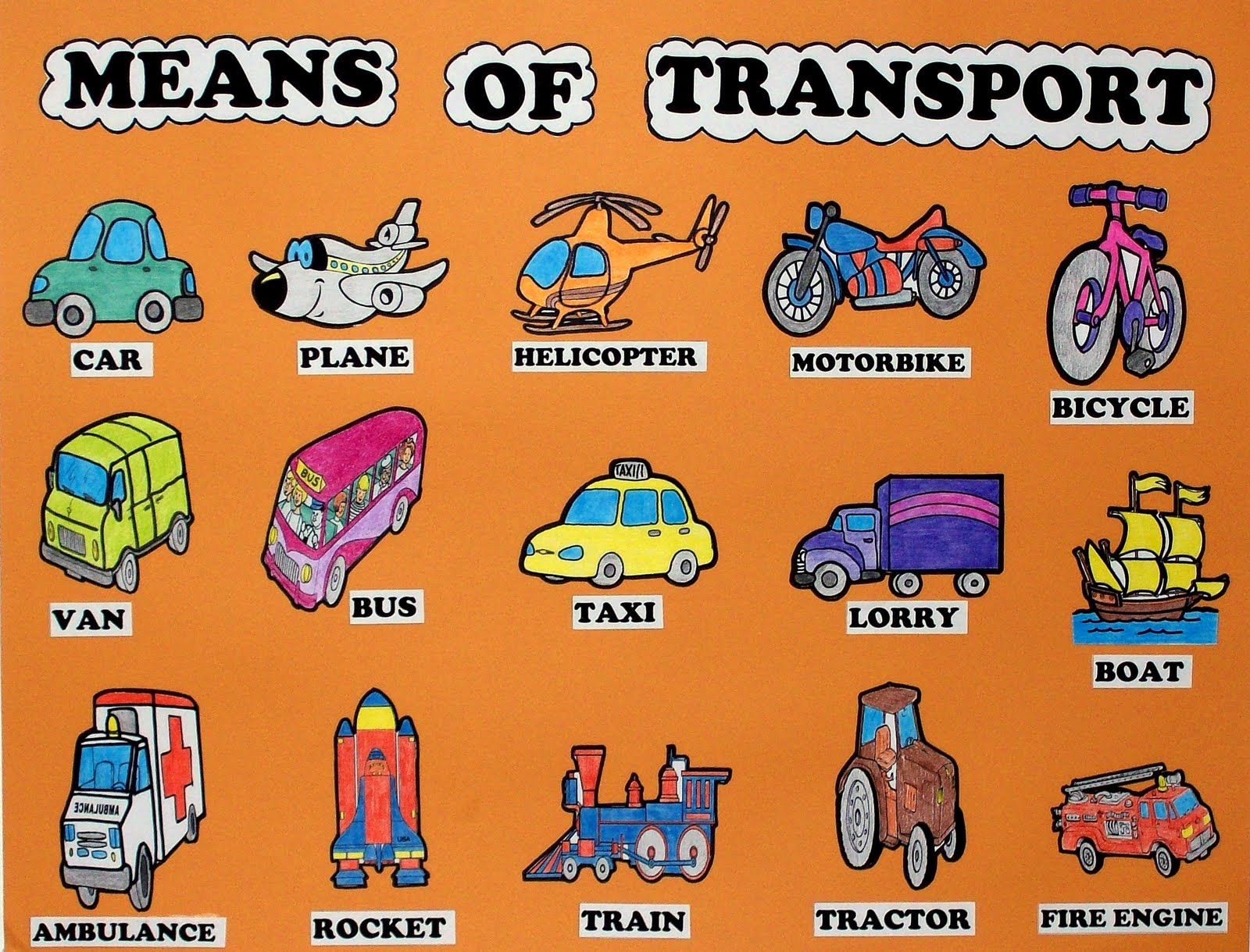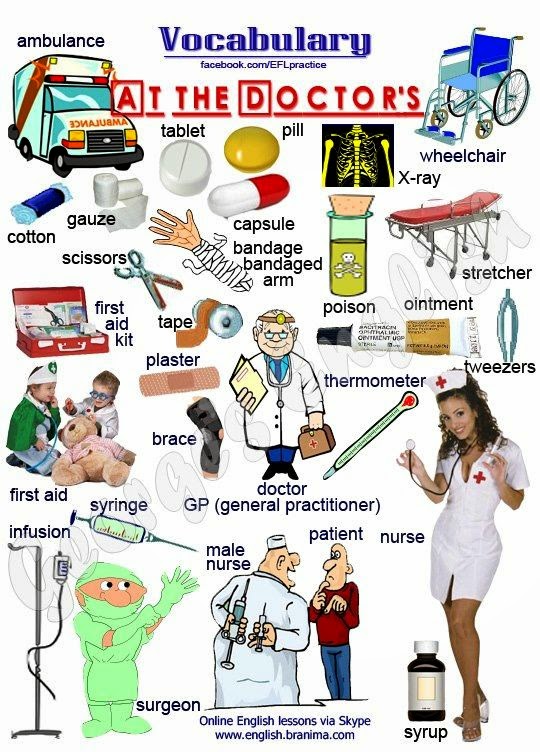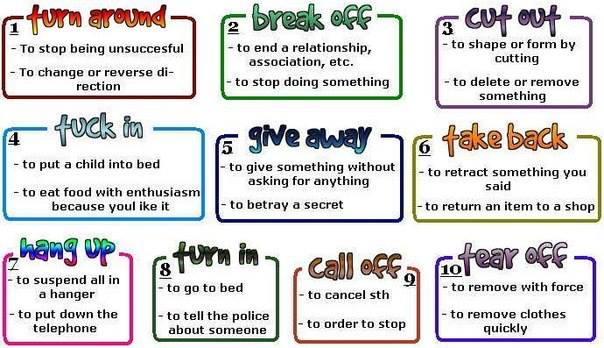Daily Life
Daily Routine
Domestic Chores
Do women sweep the floor and clean the bathroom more often than men? Should men be more tidy? Alice and Neil discuss the topic and teach you a tidy amount of vocabulary.

Chore - A boring job that needs doing
Threshold - The point at which you begin to feel something
Aversion - Strong dislike
Minimum - Least amount needed
No bad thing - A good thing
Gendered - Specific to one sex
Pinny or pinafore - Apron
Give and take - Compromise
Earning capacity - Ability to earn money

Alice
Hello and welcome to 6 Minute English. I'm Alice…
Neil
And I'm Neil.
Alice
Neil, how often do you do the washing up at home?
Neil
Oh, you know, on special occasions – like after a Christmas lunch!
Alice
That's terrible, Neil!
Neil
Well, domestic chores are the subject of today's show. And you know what? I'm not very
good at them.
Alice
Domestic means to do with the family or home and a chore is a boring job that needs
doing. Not being good at chores sounds like a bad excuse for avoiding housework, Neil.
Neil
I suppose you're right. But I wasn't surprised to learn that on average women spend several
more hours a day doing chores at home than men. Maybe men have a higher threshold for
dirt and untidiness.
Alice
Do you have a high threshold, Neil?
Neil
Yes. And threshold means the point at which you begin to feel something. It takes a lot of
dirt and untidiness to make me feel I need to start clearing up.
Alice
OK, so my question for you today, Neil, is: What percentage of men take responsibility for
giving the house a weekly clean, according to a recent online survey by the UK organization,
Mumsnet? Is it…
a) 1%?
b) 5%?
Or c) 10%?
Neil
Hm. Those figures all sound low. But I'll assume that not all men are like me, and say c) 10%.
Alice
Well, we'll see if you're being optimistic with your answer later on in the show. So now let's
listen to a conversation between BBC reporter Geoff Byrd and his wife Sarah. In an
interview to a BBC presenter they discuss Sarah’s aversion to – or strong dislike of
domestic chores.
INSERT
BBC reporter Geoff Byrd and his wife Sarah
SB: The thing is, it’s a boring thing. You should just do the minimum amount you need to do
to get by. That is my policy. I would say I definitely work harder than you do, and therefore
have less time. Have we just switched round in terms of our roles?
GB: Probably. Yeah. And that’s no bad thing. Go the revolution!
Neil
Sarah and Geoff there. In their household, Geoff does more chores because Sarah finds
them boring and she also does more paid work. She thinks people should do the
minimum amount of housework – or least amount needed – to get by.
Alice
And to get by means to achieve something with difficulty.
Neil
So Geoff does most of the cooking and cleaning in their home – which as we discussed
earlier on, isn’t usually the case for men. He doesn’t seem to mind, though, does he?
Alice
That’s right. He says switching roles is no bad thing – in other words, it’s a good thing!
Neil
Yey. Go the revolution! Just don’t include me, because I’m with Sarah. I hate housework.
Alice
OK, well let's assume that Sarah and Geoff aren’t typical of most families, and consider the
serious implications of women doing more of the household chores. Some domestic tasks
can be strongly gendered – or specific to one sex. For example, doing the laundry,
organizing your children's school and social lives are often jobs that women do.
Neil
But putting the rubbish out or fixing a leaky tap – those are work many people still see as
men's jobs.
Alice
Well, I put the rubbish bins out in my household, Neil. Anyway, this means women often
spend significantly more time doing chores at home, juggling this with paid work.
Neil
Yes, that sounds like a lot. I can see I'm going to have to get my pinny on a bit more at
home, Alice.
Alice
I hope you do, Neil, because a bit more give and take at home could help improve a
working mum's prospects of getting promoted at work and earning more. And for those of
you unfamiliar with the word, pinny – or pinafore – means apron.
Neil
And give and take means compromise.
Alice
Let's hear now from Professor Jonathan Gershuny, co-director at the Centre for Time Use
Research at Oxford University, talking about why it's important to protect your earning
capacity – or ability to earn money.
INSERT
Professor Jonathan Gershuny, co-director at the Centre for Time Use Research
at Oxford University
Nowadays, half of all marriages fail… you know… it's not a reasonable expectation that
you're going to stay married to the same chap indefinitely. And if under these circumstances
you've been out of the labour force looking after the kids while he builds up his earnings
capacity by working long hours at work and then he runs off with his secretary, well he
departs with his earnings power, and you're left with the baby.
Neil
Professor Jonathan Gershuny. But actually, these days, quite a few men take care of the
children while their wives or partners work full time.
Alice
And she might run off with her secretary. But the main issue here is that both partners –
whether male or female – should protect their earnings capacity. Now, I think it's time for
the answer to today's quiz question, Neil. I asked you: What percentage of men take
responsibility for giving the house a weekly clean, according to a recent online survey by the
UK organization, Mumsnet? Is it… a) 1%, b) 5% or c) 10%?
Neil
I said c) 10%.
Alice
And you were wrong, I'm afraid, Neil! The answer is actually b) 5%. Mumsnet asked nearly
1,000 working mothers about the distribution of tasks in their homes.
Now, can we hear the words we learned today, please?
Neil
Sure. They are:
chore
threshold
aversion
minimum
no bad thing
gendered
pinny or pinafore
give and take
earning capacity
Alice
Well, that's the end of today's 6 Minute English. Don't forget to join us again soon!
Both: Bye!
Transport
In Hospital
Bibliography
- English My Way – Daily Life video // URL: https://www.youtube.com/watch?v=ZN4dmdtSx5k (date: 18.10.2017)
- Morning Routine video // URL: https://www.youtube.com/watch?v=2QQ2FUpeK6I (date: 18.10.2017)
- Domestic Chores Audio // URL: http://www.bbc.co.uk/learningenglish/english/features/6-minute-english/ep-160825 (date: 18.10.2017)
- Means of Transport // URL: https://www.google.com/url?sa=i&rct=j&q=&esrc=s&source=images&cd=&cad=rja&uact=8&ved=0ahUKEwjyks_W6tHXAhWiPZoKHQDkADQQjRwIBw&url=http%3A%2F%2Fwww.pearltrees.com%2Fhenrycastillo%2Fmeans-of-transportation%2Fid8507058%2Fitem82717404&psig=AOvVaw1hp0F4sBfs1X7BCkwpzc6v&ust=1511427979355408 (date: 18.10.2017)
- Asking for directions // URL: http://english-4everybody.blogspot.com/2015/02/ask-for-directions.html (date: 18.10.2017)
- Places in town // URL: https://i.pinimg.com/originals/e2/17/87/e21787f1f1c490d1cfea44fda6325894.jpg (date: 18.10.2017)
- Study Skills – Managing your time // URL: https://www.youtube.com/watch?v=JGr46kYMEQQ (date: 18.10.2017)
- Phrasal Verbs around the house // URL: http://www.vocabularybooster.ru/quick-tips/quick-tip-78-20-most-used-phrasal-verbs-for-daily-life?mysrc=mypage (date: 18.10.2017)
- Punctuation Vocabulary // URL: https://mail.ukr.net/classic#readmsg,id=14903699040843882779&folder=0&page=1 (date: 18.10.2017)
